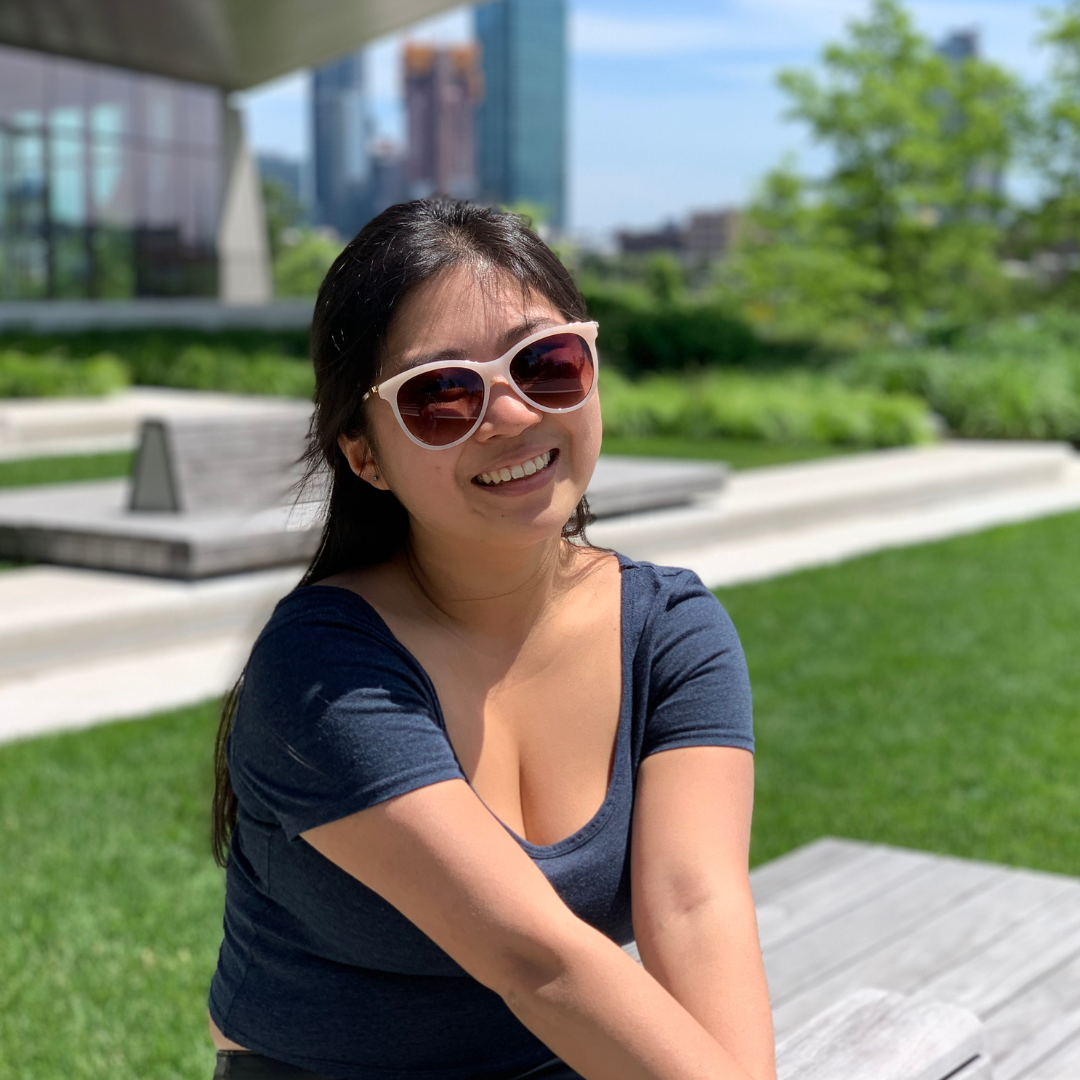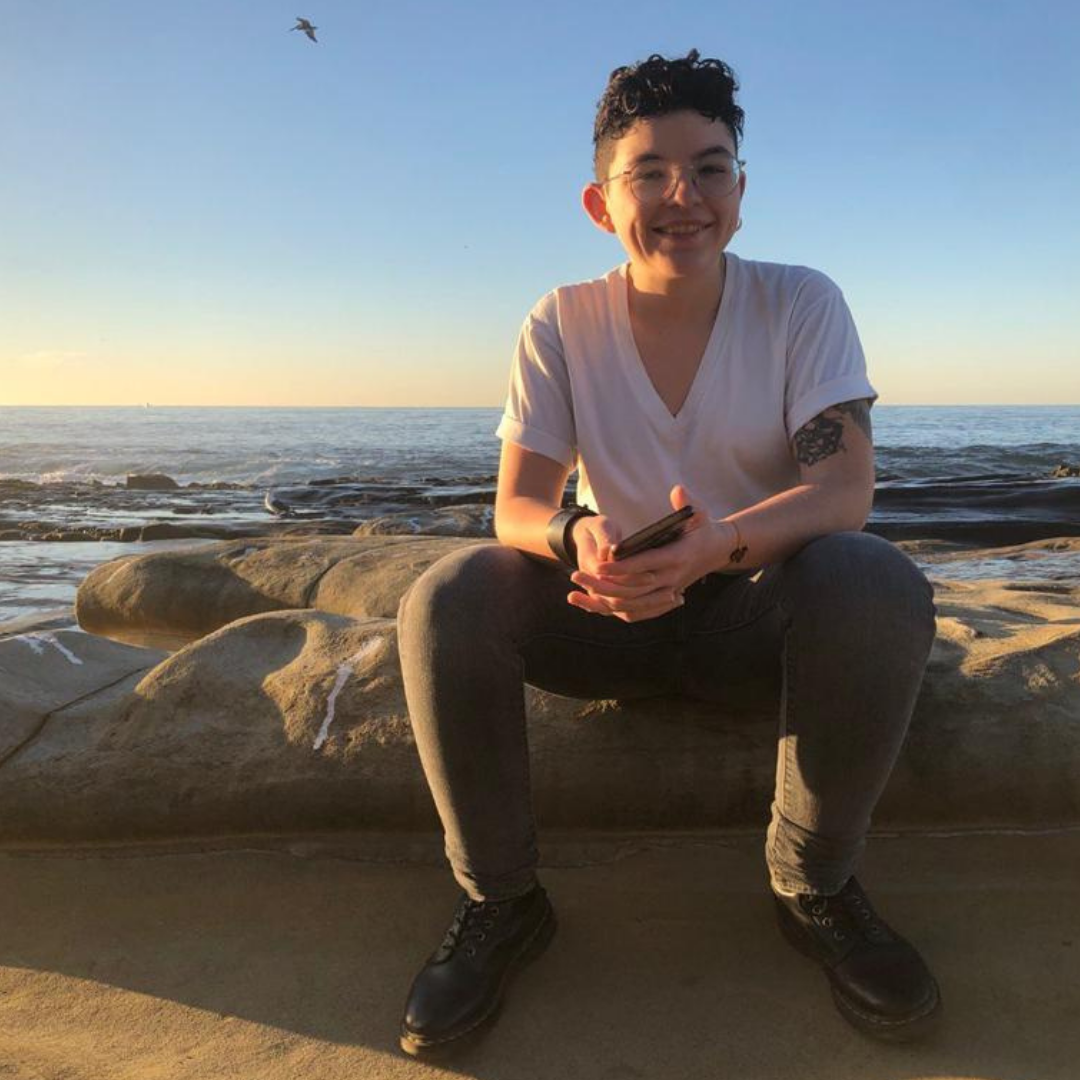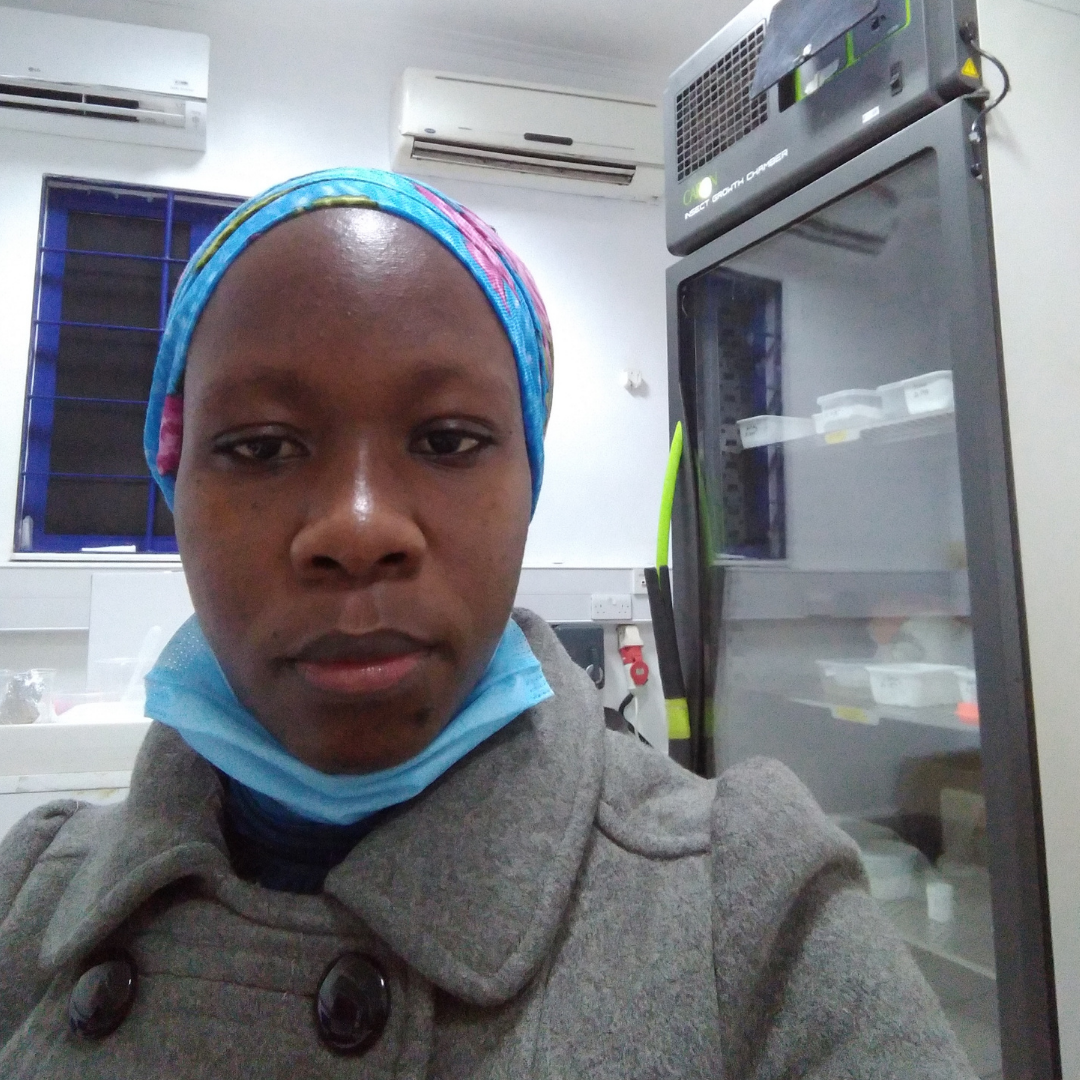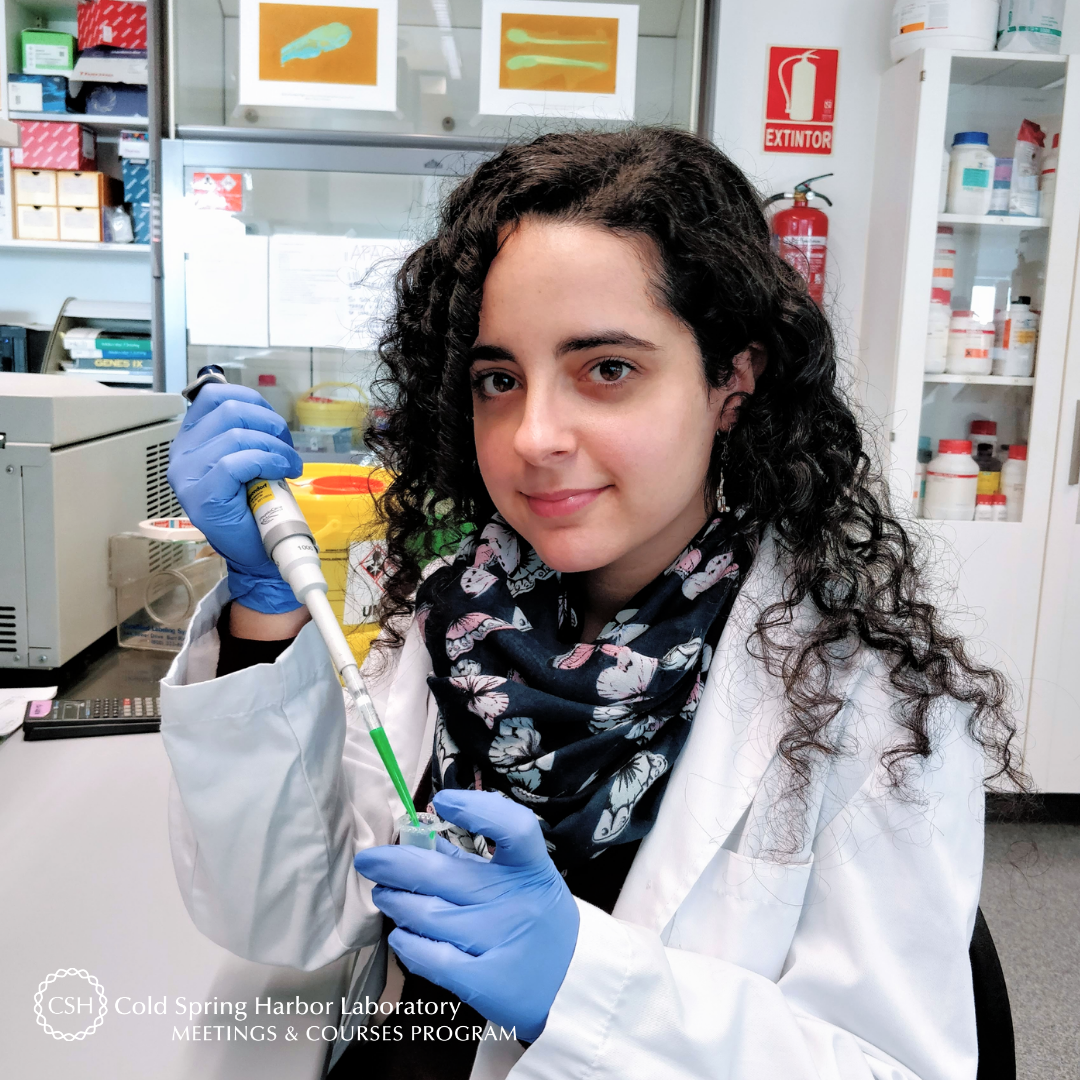Meet Christian Harris! The Ph.D. Candidate is a member in the lab headed by Dr. Mary-Louise Risher, Ph.D., and is co-affiliated with Joan C. Edwards School of Medicine at Marshall University and the Hershel Woody Williams Veteran Affairs Medical Center. She took part in last week’s virtual Glia in Health & Disease meeting – her first meeting at CSHL.
Tell us about your research.
My project is investigating the intersection of adolescent binge ethanol exposure and traumatic brain injury (TBI). I am particularly interested in understanding how binge drinking impacts the severity of traumatic brain injury and changes the propensity to consume alcohol later in life.
How did you decide to focus on this area/project?
In part because of the multiple TBIs that I sustained during my soccer career, brain injury has always been of interest to me and I was looking to study the cellular mechanisms of TBI. Similarly, my PI Dr. Mary-Louise Risher was looking to add a TBI component to her model of adolescent binge drinking and this turned out to be a great opportunity for me to join her lab. Following several conversations, we agreed an alcohol-TBI project would be an innovative new direction that would provide valuable insight into how astrocytes respond to a variety of insults.
What and/or who is the inspiration behind your scientific journey?
My family is a huge inspiration to me: My mother (a physician) and my father (a mathematics educator) introduced me to STEM fields at a young age. Throughout my life my family has always encouraged me to think outside the box, to be innovative, and to remain diligent and steadfast in all that I do. My family is always there for me with words of encouragement. I am beyond thankful for such an amazing support system.
What impact do you hope to make through your work?
TBI is a major cause of death and disability in the United States. I hope to find a therapeutic target to aid in TBI recovery and limit acute and long-term brain damage. I believe that this work could change the trajectory of TBI treatments.
Where do you see yourself in five years?
In five years I hope to be conducting both clinical (studying the effects of TBI in athletes or veterans) and translational research. I want to investigate the intersection of TBI, individual response to treatment, and age of insult. I’m also interested in repetitive TBI exposure. I would also like to continue animal studies where I can further explore the role astrocytes on neuronal recovery following TBI. Understanding the changes in astrocyte function may be the key in limiting acute and long-term brain damage and developing targeted treatments.
What do you love most about being a researcher?
Research stimulates my imagination and creativity. Being a researcher gives me limitless opportunities and the freedom to formulate, develop and test new ideas. I particularly enjoy the investigative process as it allows me to turn my ideas into reality. Being a researcher is exciting and humbling yet so valuable and rewarding.
What drew you to attend this meeting?
I am relatively new to the field of glia, so this meeting is a great opportunity to expand my knowledge of the field as well as learn from some of the best researchers in the world. Also, my PI Dr. Risher and labmate Christopher Walker had a really interesting poster during the meeting on the impact of adolescent binge ethanol exposure on astrocyte structure and function.
What is your key takeaway from the Meeting; and how do you plan to apply it to your work?
The key takeaway from this meeting is that glial cells may hold the key to unlocking many of the mysteries surrounding the mechanisms of disease and injury. There were multiple talks and posters on astrocyte reactivity, traumatic brain injury, and alcohol that are directly related to my research. I am hoping to apply a few of the presented genetic, imaging, and data acquisition techniques to my work.
What feedback or advice would you share with someone considering to participate in this meeting?
Meetings can be overwhelming, I recommend going through the meeting program a few days before the meeting starts. Find talks and posters that are of interest to you, read the abstracts, and develop a schedule. Make sure to factor in some free time for networking, come with an open mind, and most of all have fun and enjoy the meeting!
What’s the most memorable thing that happened during the Meeting?
There are so many! Overall, I thoroughly enjoyed interacting with so many fellow researchers from various labs, research backgrounds, and countries. Being able to exchange various thoughts and ideas while making lasting connections is invaluable. I have learned
Thank you to Christian for being this week's featured visitor. To meet other featured researchers - and discover the wide range of science that takes part in a CSHL meeting or course - go here.
Image provided by Christian Harris































